A brief history of EPCC
EPCC has grown from a small group of academics with an interest in Parallel Computing to become one of the UK’s leading centres for High Performance Computing.
Today, EPCC is the UK’s first National Supercomputing Centre and delivers world-class HPC and data services—from ARCHER2 and the Cirrus Tier-2 HPC service to the Scottish National Data Safe Haven. This has been made possible by the pioneering work of many exceptional people over the last three and a half decades.
At its inception, EPCC brought a new, entrepreneurial approach to academic practice and ensured the University of Edinburgh was one of the first in the world to adopt computational science as a strategic objective, and this ethos remains core to its operations to this day.
The 1980s: the early days
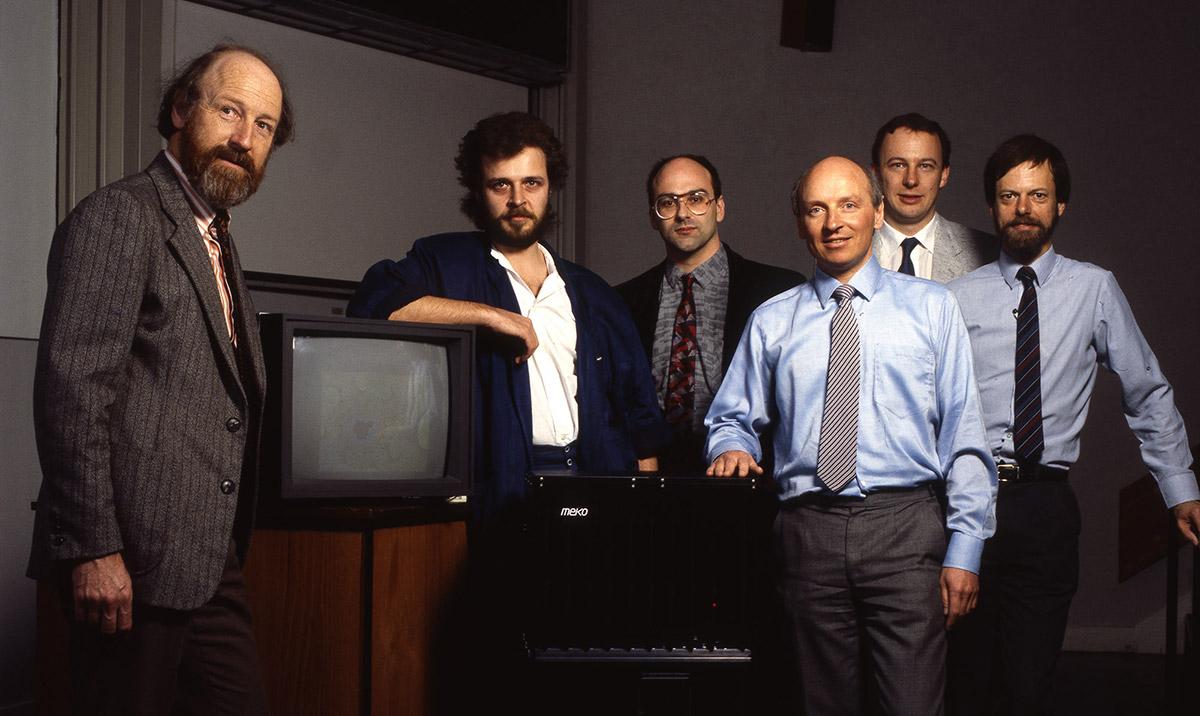
Back in the 1980s, an interest in Parallel Computing developed at The University of Edinburgh. The Edinburgh Parallel Computing Centre was born through the ideas of three people - David Wallace, Stuart Pawley, and Ken Bowler - in the, then, Department of Physics.
Thanks to Roland Ibbett in Computer Science and Richard Field in the University's Computer Services, computers at Edinburgh soon followed and the first two ICL Distributed Array Processors (DAPs) enabled researchers in Physics to publish 186 computational science papers in six years. This was a truly remarkable feat, especially when you remember that these computers had less performance and memory than today's mobile phones.
The 1990s: a period of change
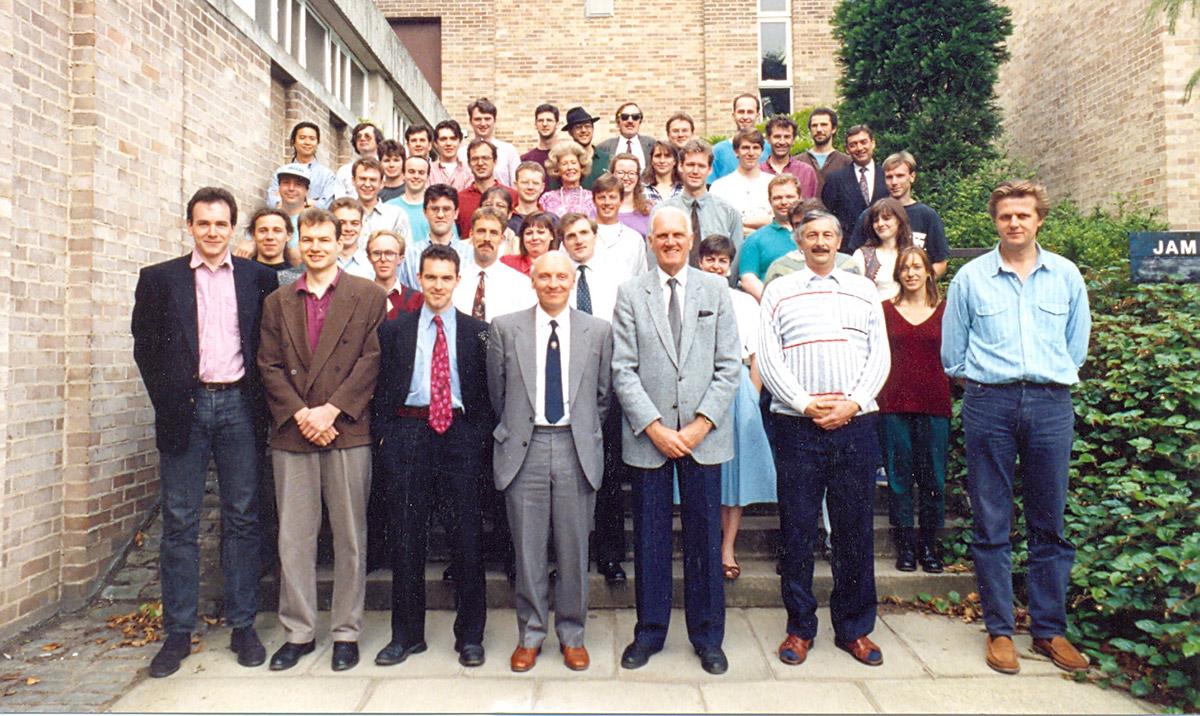
In September 1990, the University of Edinburgh formally inaugurated Edinburgh Parallel Computing Centre as a technology transfer centre with a mission to promote parallel computing across industry and academia. This was made possible with funding from the UK Government Department of Trade & Industry (DTI).
When the Government funding ran out, we went through our first major convulsion, spinning out two companies: Quadstone Ltd (data mining) and Paramics Ltd (traffic simulation). With the incumbent management team leaving to head these new companies, Richard Kenway and Arthur Trew took over the reins. Two major successes saved us at this point, when we won our first National HPC Service provision contract (for the Cray T3D service), and our first large European Commission (EC) project (the HPCN-TTN project).
Without Government funding, we had to work very hard to attract new industry funding. Thanks to our first Chairperson Jeff Collins and our Director Professor Arthur Trew we rapidly gained a business-oriented culture, and we learned how to deliver well-run projects - whether for academia or industry - during this period. Shortening our name to EPCC, we stuck by the founding vision and used an entrepreneurial approach to rapidly grow our business. We learned how to deliver projects professionally to time and budget.
The 2000s: a period of growth
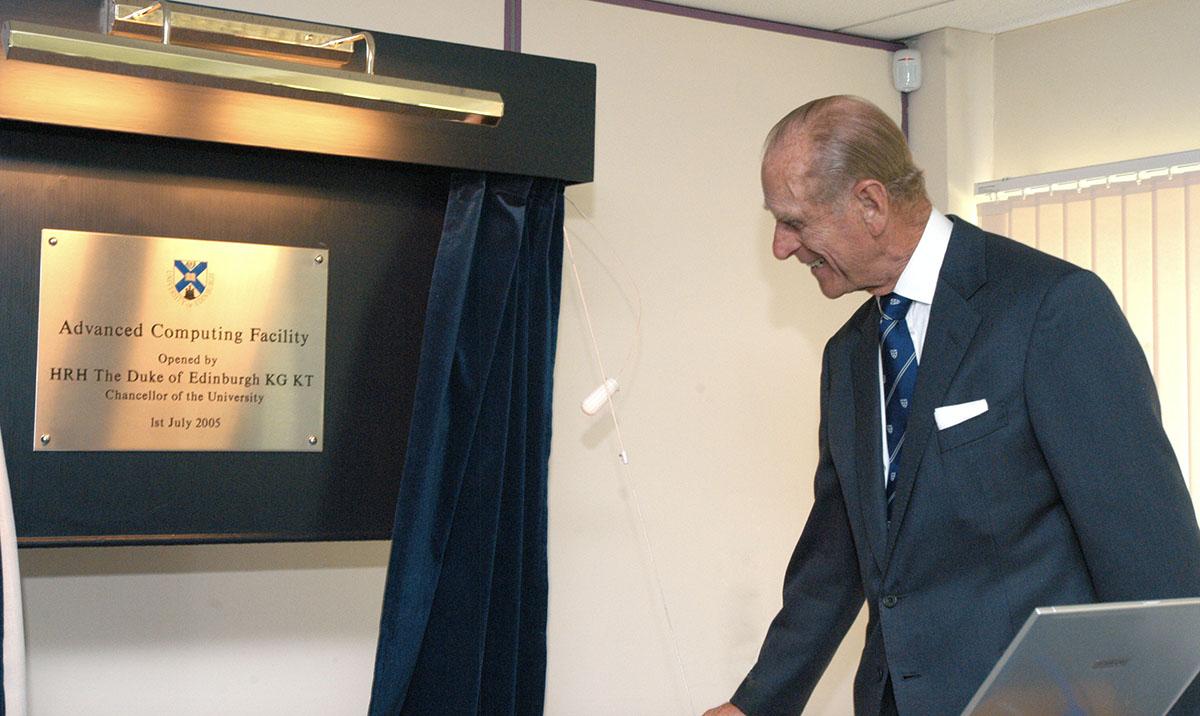
This was a decade of considerable growth for EPCC—we successfully secured the UK Government's new e-Science funding, launched our MSc programme in HPC, and became a PRACE Advanced Training Centre. We won the next UK National Supercomputing Service contract—HPCx—cementing our position as a safe pair of hands with the Engineering and Physical Sciences Research Council (EPSRC). The HECTOR and ARCHER National Supercomputing Services followed.
Under the leadership of EPCC Director Professor Arthur Trew, we were recognised as the finest example of commercialising the science base in Scotland and we became one of the top centres for computational science in Europe.
In 2004 we refitted a University building to create the Advanced Computing Facility (ACF) at Bush Estate. The ACF is now home to all the major systems managed by EPCC. Today it is one of the most innovative and efficient facilities of its kind anywhere in the world.
The 2010s: Regional Partnerships
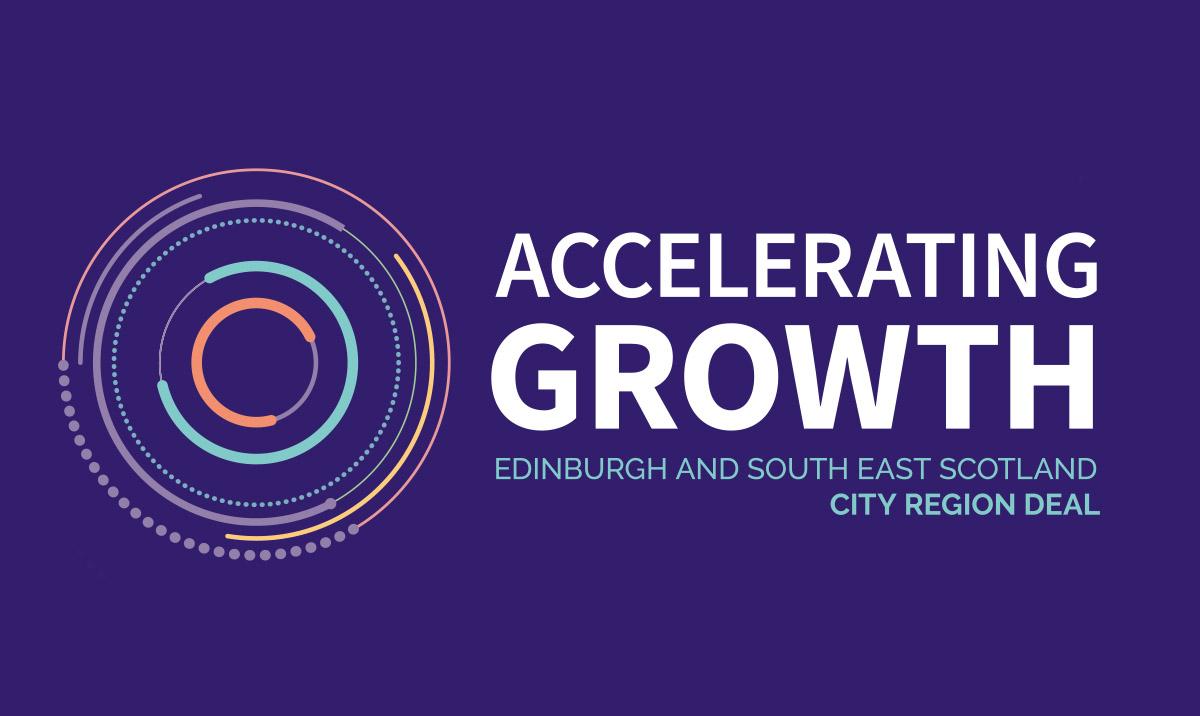
2017
EPCC expands its activities to become a key player in the data-focused, £1.3 billion Edinburgh and South East Scotland City Region Deal.
2018
EPCC begins to host and manage the Edinburgh International Data Facility, the key infrastructure underpinning the City Deal’s £600m Data-Driven Innovation initiative.
We leave our offices on the King's Buildings campus (our home since the 1980s) and take over an entire floor in The Bayes Centre, a hub designed to foster data-driven innovation within and beyond the University of Edinburgh.

2019
EPCC is confirmed as the host of ARCHER2, the current UK National Supercomputing Service. The ARCHER2 service launches and is running successfully, the City Deal’s Data-Driven Innovation initiative continues to gather pace, and EPCC is highly regarded for our substantial online and on-campus educational offering that includes Masters’ programmes and PhDs.
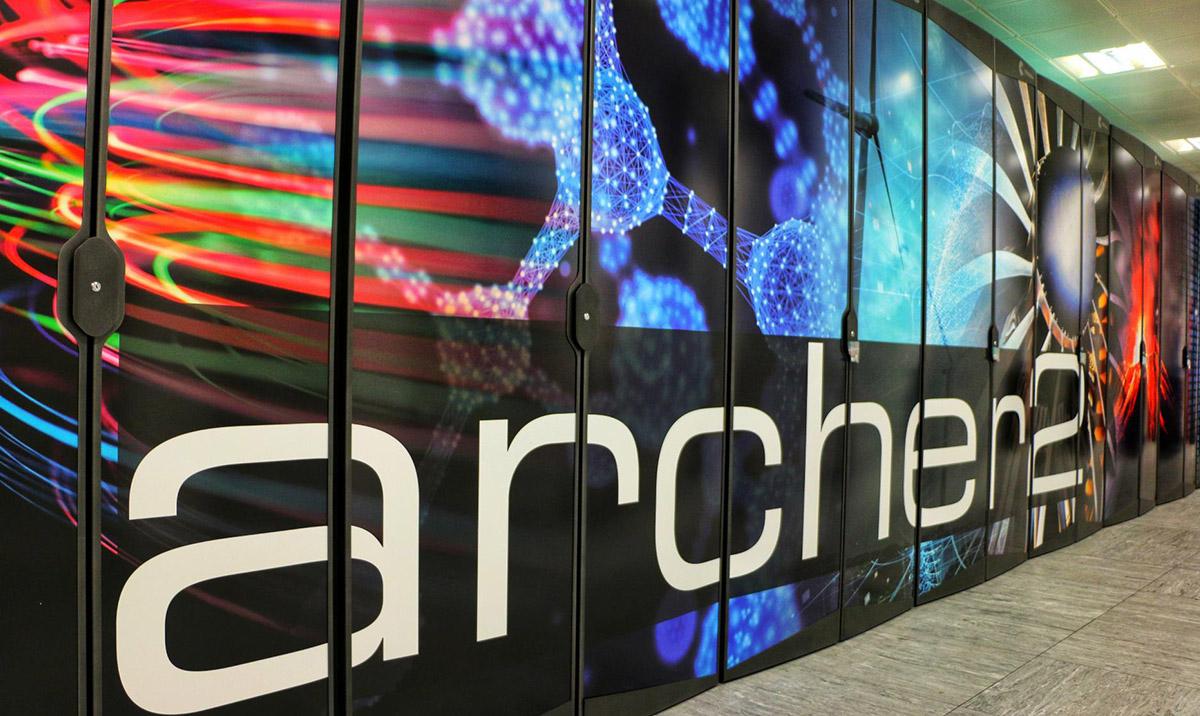
The 2020s: present day and future
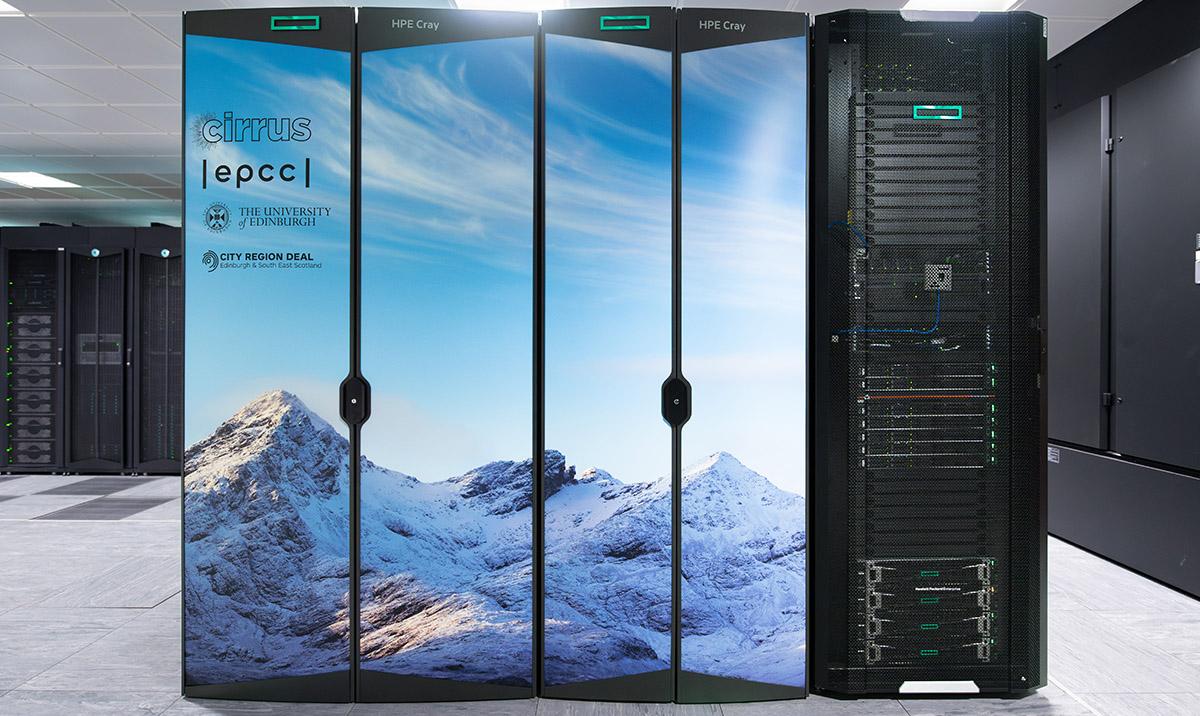
EPCC continues to go from strength to strength.
EPCC now has around 150 staff supporting our work with industry and academia, and in teaching our 160 MSc and PhD students. We operate a range of systems and services, with a wide spread of national and international partnerships with academia and industry. These continue to grow in new directions.
We continue to contribute to the City Region Deal, and its Data-Driven Innovation initiative, through the Edinburgh International Data Facility (EIDF). The EIDF is now a well-established Regional Cloud Research Environment. Its capabilities are regularly reviewed to ensure it can meet the growing needs of regional innovation and research.
AI compute
The rise of AI compute over the past decade has seen the EIDF adjust to provide Europe’s largest research deployment of the Cerebras CS-3 Wafer-Scale Engine AI supercomputers and a Regional-scale GPU Cluster.
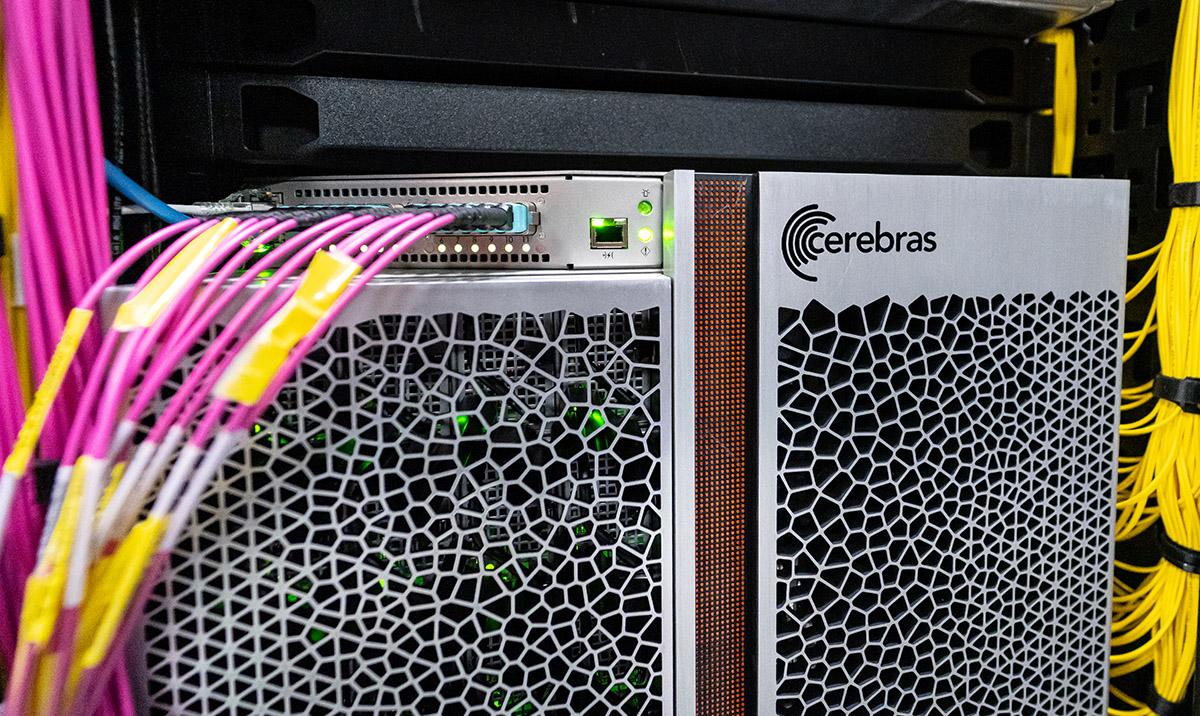
Next National Supercomputing Service
In June 2025 we were confirmed as the host site for the UK Government’s up-to-£750m investment in the next National Supercomputing Service. This will be housed in an expanded Computer Room 4 at our Advanced Computing Facility.
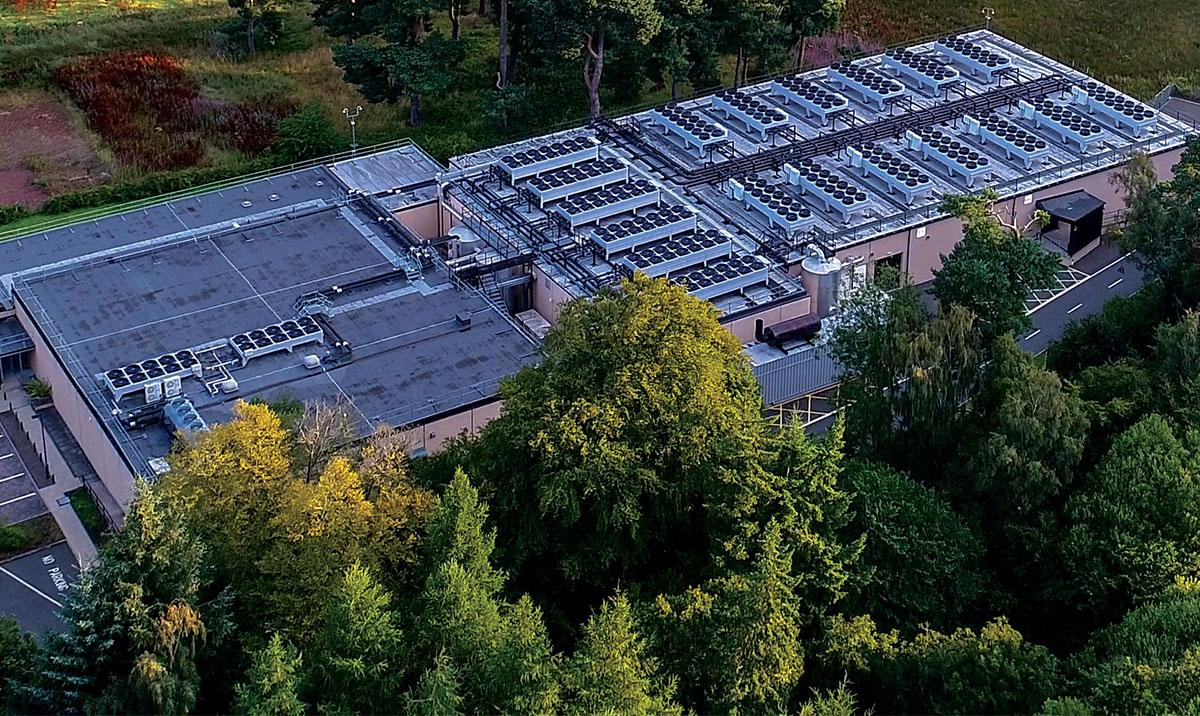
We continue to collaborate with industry on a wide portfolio of innovation projects whilst also growing our pay-on-demand computational and data analytics services.
UK’s first National Supercomputing Centre
July 2025 saw EPCC designated the UK’s first National Supercomputing Centre. This recognition of our 35 years of delivery is a credit to all the staff and partners who have worked with, and for, EPCC since its inception.
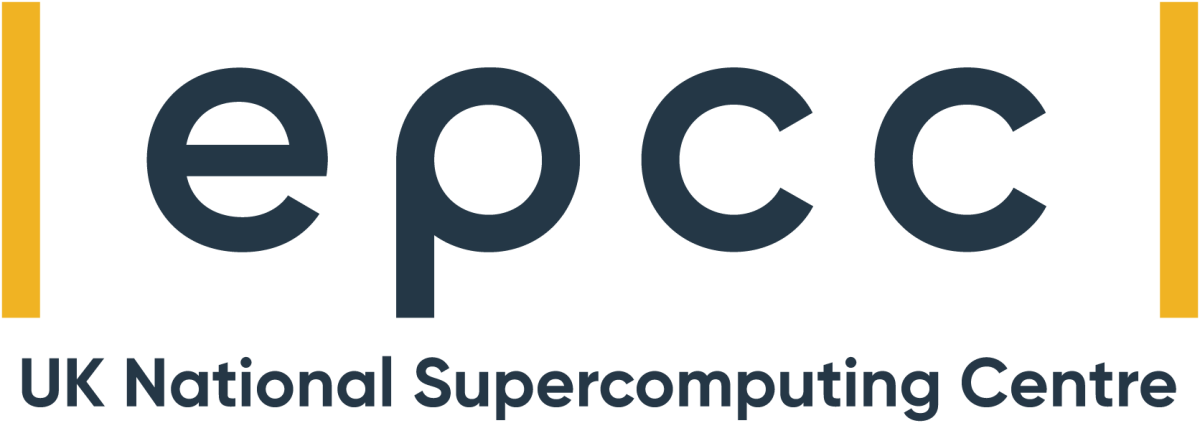
In October 2025 it was confirmed that EPCC would be the UK’s AI Factory Antenna (UKAIA). This EuroHPC-supported programme, in which we are partnering with HammerHAI at HLRS in Stuttgart, Germany, will enable industrial AI research and innovation.
Delivering our mission into the future
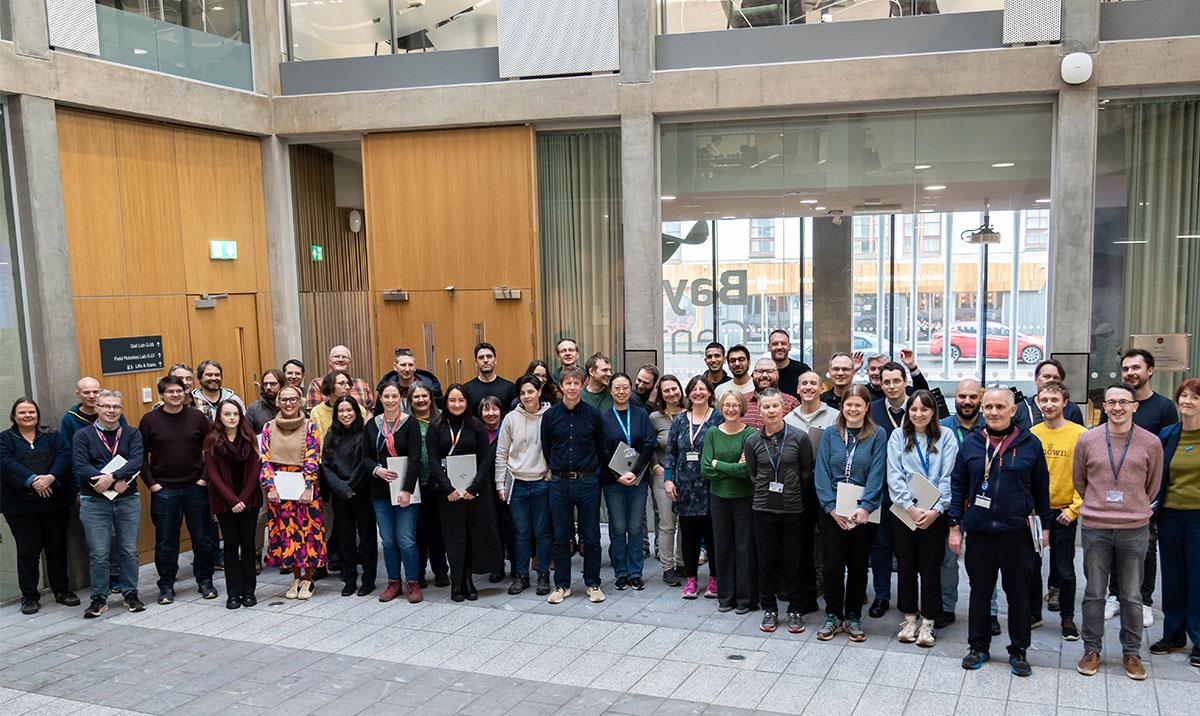
As the first National Supercomputing Centre, we look forward to a new partnership with the UK Government’s Department for Science, Innovation and Technology (DSIT), and UK Research and Innovation (UKRI) to continue to deliver our mission:
To accelerate the effective exploitation of novel computing throughout industry, academia and commerce.
